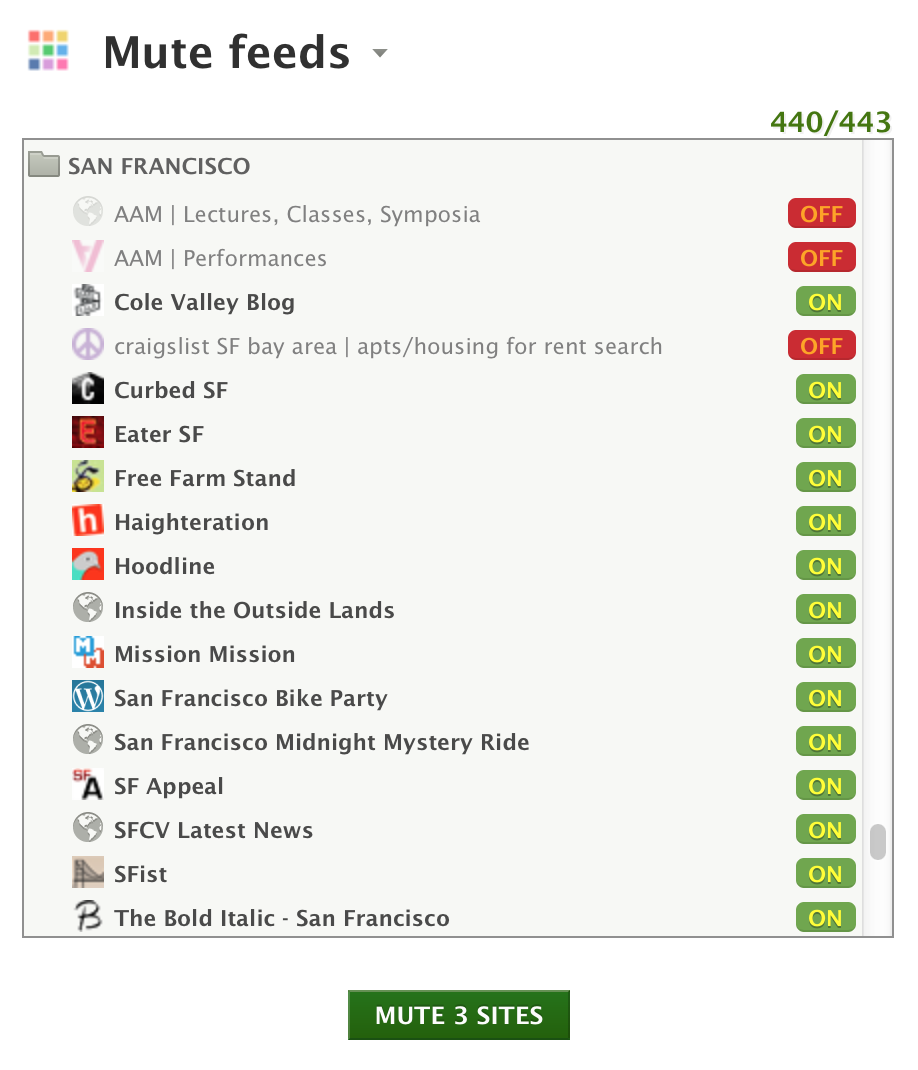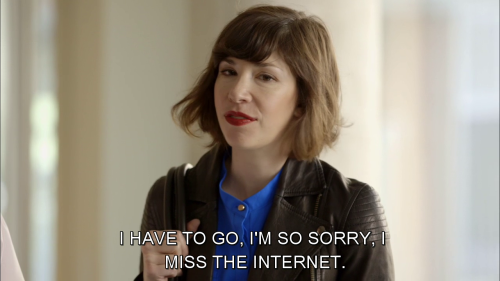
Jeff Kinney, the man behind the astonishingly powerful Diary of a Wimpy Kid series, is leading the revolution.
That’s been the theory behind the bestselling author’s just-announced plans to open up an indie bookstore in tiny Plainville, Massachusetts. It’s been framed as a call-to-arms against Amazon in the wake of its strong-arming tactics in negotiating with the big five publishing houses, starting with (fellow giant) Hachette.
Take back the power, fight the system and all that jazz, right?
Wrong.
If Kinney’s stoking a counter culture, it’s to harken back to the past. In his Plainville shop, he imagines a cozy, well-worn space with old tomes and tea, frequented by locals and writerly souls. “A physical book has a heft, a permanence that you don’t get digitally,” says Kinney in an interview. “So our hope is that the bookstore will remain a vital, important part of communities across the country and the world.”
He’s not the only author to venture into the territory; others include the renowned Ann Patchett, who owns Parnassus Books in Nashville.
But they are few, notably because most published authors know the bottom line: increasingly slim profit margins and shuttered doors mark publishing’s recent history, with the closing of Borders, several branches of Barnes & Nobles, and smaller brick-and-mortar stores nationwide.
So what made Kinney decide to do this? Quartz caught up with the author – and his wife Julie, who’s been instrumental in the decision process—about his plans. And while he doesn’t call out Amazon by name—can you blame him?—he does exude passion for small, neighborhood indies and books in print.
There’s an interesting history to how you guys ended up in Plainville.
Jeff: I work a full-time job in Boston—and have had that job for 15 years. And I needed to be in striking distance of two airports, and we needed to be close enough to Julie’s parents. So we drew some circles around those areas, two or three, and smack dab in the middle was Plainville—via Venn diagram.
Julie: We had a friend who was selling a house here. And so it was ideal for us.
Tell me a bit about how the idea of a bookstore in Plainville came about.
Julie Kinney: Buying the building really came first. I think everyone who lives in Plainville has said, at some point, “If I could, I would buy that building.” Jeff and I have certainly said it, even before his success. Once Jeff had his success with the Wimpy Kid series, we started tossing around the idea more seriously. It was a lot of “maybe we should”—for a few years. But then, about two years ago, we moved forward with buying it. At that point, we thought we’d restore it, but didn’t know exactly what it would become.
Now this building is the old Falks marketplace in the center of Plainville, right?
Julie: Yes. It wasn’t designated as historic, but it’s been around for a long time. It was definitely the one with the most history.
Jeff: Yes, it was called Falks market, and it was originally across the street. It was built in the mid-1800s. And when we bought it, it had been abandoned for 17 years, last owned by Meryl Falk, who was a really beloved Yankee general store owner. The building served as a nerve center for the town. It’s falling down now, but it had a very special place in the town’s history. So we wanted to make sure it served that role again.
As the town’s nerve center?
Jeff: Yes, for better or for worse, it represents the town. And it’s a mess, so many people were embarrassed by it. So we bought the building, but it’s not really salvageable. We need to rebuild, and that’s what we’ll do. It will be a bookstore, with a café and community features, like a yoga studio. We hope it will revitalize that area and bring the community back to it.
The population of Plainville is 8,264. Does that worry you at all, given bookstore profit margins?
Jeff: We didn’t want to just rent it out—even though that would be the smartest economic move. There’s something really magical about a bookstore. We don’t have many in this area at all, and we lost our Borders. There’s a goodness about a bookstore that I can’t really equate to any other business.
Julie: There’s something for everyone at a bookstore—from small children, to people in their 90s.
Jeff, given your background in publishing, you know better than anybody that, financially, it’s hard to make a bookstore work these days.
Jeff: Yes, I have a lot of respect for anyone who can make it work, especially for years or decades. It’s not easy. We’re amateurs in this field. I’ve had the benefit of seeing hundreds of indies over the years, doing events and readings. But we’re not looking to make millions. I think our best hope is to break even. Because of the cost of the building itself, we won’t make money in this lifetime. But we want to do this responsibly—this is not a vanity project. It’s a labor of love. We want it to be around for generations to come.
Most bookstores these days—Barnes & Noble included—have expanded their wares. Your plans?
Julie: It will be books and gifts—over the past year we’ve been researching this, and it is certainly difficult to make books alone work. So we’re taking that into account. We want to bring something unique to the community–make it a destination and a meeting place, worth the trip.
Jeff: One of the major chains in Canada made their whole philosophy into “books are gifts.” A gift for someone else, or a gift to yourself. I think that’s a nice idea. Just holding a book in your hand, it’s a special experience.
Let’s talk about the Amazon stronghold for a moment—since that’s something everyone in publishing is discussing it right now. Is that something you were thinking about?
Jeff: Well, if you think about it from a child’s perspective, it brings things home. How does a child experience a book? It’s such a different experience reading on a tablet or a smartphone. A physical book has a heft, a permanence that you don’t get digitally. So our hope is that the bookstore will remain a vital, important part of communities across the country and the world. We hope that the disappearance of such stores has leveled off. That there’s a resurgence.
Julie: I feel like developing children into readers, you need to have physical books around. They can certainly read online, too, but browsing to bookstores, it introduces to new things. You stumble upon new things, you learn new things. A book—and a bookstore—is about the act of discovery.
Jeff: Recently I signed up for a streaming music service. And so now I can type in any title and hear the music instantly. And I thought, “Wow, the act of listening to music can never get better than this.” And then I thought, “It actually did used to be better.” When I used to go through the record store and flip through all those albums and feel them in my hand and discover new bands and look at the album art and to talk to the clerks about what’s coming next. It actually was better, even though it was less convenient. I hope we’ll always have that for books. I hope our kids get to have that experience.
Given the fact that it’s such a small town, does viability worry you at all? And is it more viable for Jeff Kinney, author of the Wimpy Kid series, than say, your average bookseller?
Jeff: To make it work, we know it has to be a destination—we have to bring people in from Plainville and surrounding town. We’ll be leveraging the notoriety that my work has to a certain degree. But it’s not about me. By no means is this a Jeff Kinney store. This has to outlive me. We know, though, that we can definitely use my name to draw more people in. I’m actually surprised more authors don’t open bookstores—there are only a handful of us. It’s an expensive proposition, for sure.
Authors are risk-takers as it is—the bottom line is not great for many of them. So this is a risk many can’t afford. But the bookstore as community hub is pretty idyllic.
Jeff: We’re excited about having the bookstore and café—we’re excited about having all different flavors of gatherings: readings, yes, but also jewelry workshops, hot yoga, karaoke, wine tastings, game nights for families. That’s our hope: that everyone can claim this space for themselves and make happy memories here and keep coming back to explore.
Follow Sona on Twitter @Sona_c. We welcome your comments at ideas@qz.com.























 In the wake of the excitement over No Man’s Sky and its procedural worlds, I thought that it might be a good time to tell some of the story around the version of Privateer Online that I worked on, that never saw the light of day.
In the wake of the excitement over No Man’s Sky and its procedural worlds, I thought that it might be a good time to tell some of the story around the version of Privateer Online that I worked on, that never saw the light of day. There was a pirates/seafaring one one. The idea was to make boats be a single tile in size, with a “scale change” when you got in a boat (kind of like Seven Cities of Gold). That way we could do ship to ship combat in a reasonable way for the time and in 2d.
There was a pirates/seafaring one one. The idea was to make boats be a single tile in size, with a “scale change” when you got in a boat (kind of like Seven Cities of Gold). That way we could do ship to ship combat in a reasonable way for the time and in 2d. When I was asked what I really wanted to make, my answer was immediate: M.U.L.E. Online. The original M.U.L.E. is my favorite game of all time, and it seemed to me that it was perfect for going online. The IP was going fallow at the time, the original designer (Dani Bunten) had passed away, and I was at an EA studio. But there were legal entanglements with the family, and there was no way to make it happen.
When I was asked what I really wanted to make, my answer was immediate: M.U.L.E. Online. The original M.U.L.E. is my favorite game of all time, and it seemed to me that it was perfect for going online. The IP was going fallow at the time, the original designer (Dani Bunten) had passed away, and I was at an EA studio. But there were legal entanglements with the family, and there was no way to make it happen.
















